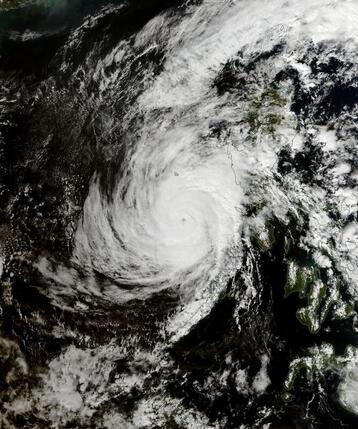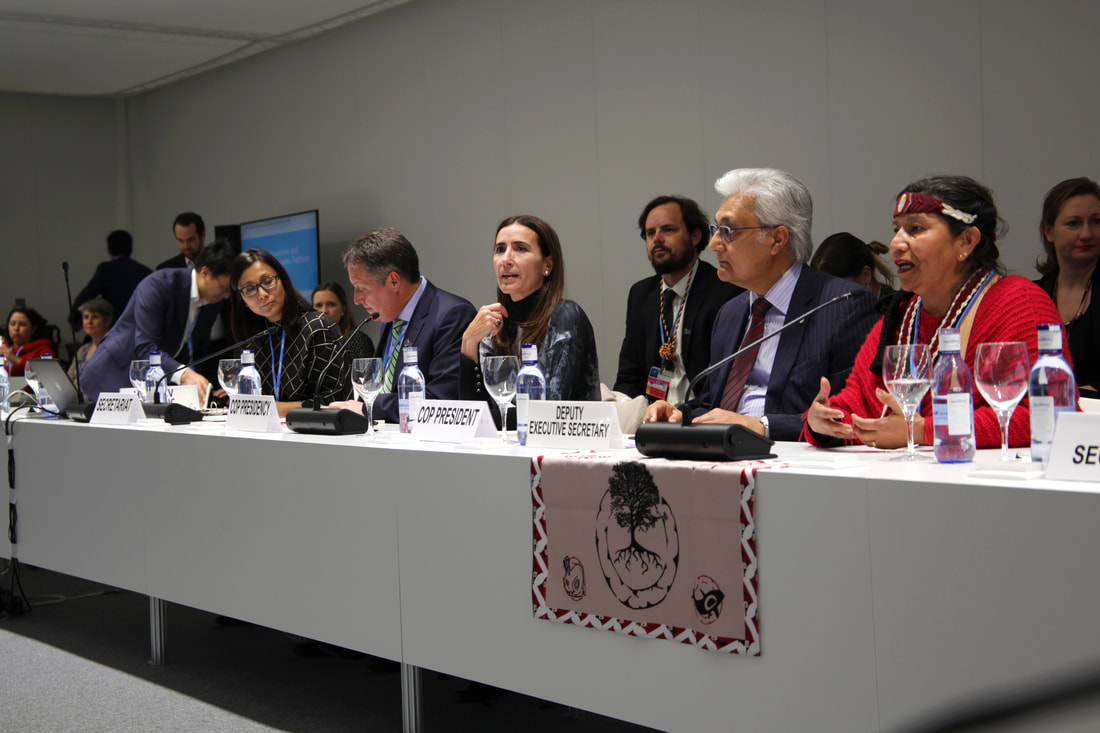|
By Lucas Frye
For decades, the issue of climate change has been framed as a crisis for the future, a problem that our children and grandchildren will need to solve. The messaging of the climate activists centered around long-term measures like global average temperature change and sea level rise, where changes on the order of degrees Celsius and inches have little meaning or significance to people without scientific backgrounds. Insufficient emphasis was placed on the human impacts that a changing climate is already having on hundreds of millions of people globally. This has allowed the political classes to delay climate action in the interest of short-term economic benefits and minimize the link between greenhouse gas emissions and the livelihoods of those they govern. The great threat to human life and dignity posed by the climate emergency is on our doorstep, and we need strong political will to reduce the damage.

What’s happening?
Harms caused by anthropogenic climate change are referred to as “loss and damage” within the UN Framework Convention on Climate Change and include those resulting from both sudden-onset events, such as extreme weather, and slow-onset events, like sea level rise. Extreme weather events, like heat waves, droughts, cyclones, and storms are occurring more often and with greater intensity as the atmosphere warms. Higher temperatures cause increased evaporation of surface water, which results in drought in some places and extreme precipitation in others. In fact, regions that are generally dry are becoming drier and regions that are generally wet are becoming wetter. This combination of droughts and more intense rainfall are causing the loss of human life and damage to infrastructure in places like the Philippines, where Typhoon Phanfone has killed over 50 people. These changes in weather further promote food insecurity as crop yields decline and grazing land for livestock is lost. Higher temperatures also cause thermal expansion of seawater and the melting of ice at the poles, resulting in sea level rise which can flood coastal areas and force people out of their homes. Increased flooding also poses threats to water security, as treatment facilities are disrupted and water quality declines. Lives are also being lost to the facilitated spread of diseases like malaria and dengue fever, which thrive in extended breeding seasons promoted by rising temperatures.
Who is most at risk?
The climate emergency doesn’t affect all groups equally. The negative impacts are most severe for members of already disadvantaged communities. First, there is of course a regional dependence on exposure to climate hazards. Those who live in low-lying coastal communities will be the hardest hit by sea-level rise, as their homes will be subject to increased flooding and subsidence. There is also a strong economic tilt to this vulnerability: citizens of low-income countries suffer more than those in high-income countries, despite the latter being responsible for most of the emissions causing these problems. Food insecurity, water scarcity, and human dislocation pose the greatest threat to those without the wealth and mobility to adapt to climate change. Within countries, divisions of race and gender further place disproportionate suffering on the shoulders on those who are already least able to afford the high costs of rising emissions. The climate emergency was foreseen well in advance, and yet today it takes a skyrocketing number of lives and irreversibly changes many more for the worse. As land shrinks beneath the sea and the land that remains becomes increasingly arid, the wealthy are paying to maintain their way of life, but the poor have little choice but to migrate, beg, and starve. These impacts are already unavoidable for millions in on the front lines of climate change, and it won’t be long before they are knocking on the door of industrialized nations as well. How much longer will it take the countries most responsible for the climate crisis to take an active role in solving it?
0 Comments
Leave a Reply. |
Categories
All
Archives
March 2024
|

 RSS Feed
RSS Feed
